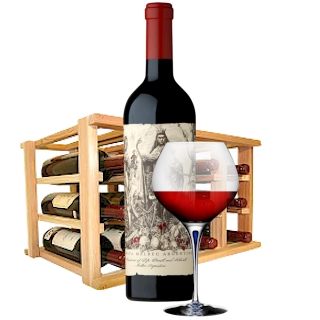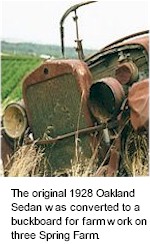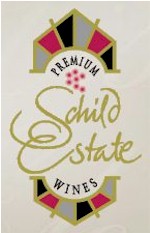


Johannes Hugo Bernhard (Ben) Schild, the father of Edgar (Ed) Schild heeded the work of his ancestors thus ensuring that the Schild family would have an impact in this new country. Ben Schild met his wife Freida Alma Schild nee Schutz in the early 1920s and began a family which consisted of eight children raised in the wilds of the Mallee country near the small pioneering town of Lameroo.

History, Style and Elegance goes back to the early 1950's, after 30 years of pioneer farming in the harsh Mallee region of South Australia, Ben Schild had a vision of settling down in the finest region in the state. In 1952 Ben Schild purchased the Three Springs Farm, which included a small vineyard in the Barossa Valley of Rowland Flat and began transforming it for sustainable viticulture.
Ed Schild took over the reins of the 40 acre property following his fathers passing in 1952. He steadily increased his holdings over time with clever acquisition and good management and the steadying assistance of his wife Lorraine, through some of the most depressing times in local viticulture, to what today comprises approximately 380 acres in the Barossa Valley. Today Ed's son Michael with assistance from his wife Kylie and a dedicated team is overseeing the management and development of the vineyards.
Ed's daughters, Judy Watson and Leanne Chapman also contribute in professional capacities making sure that the bond of family involvement is strong. The Schild family is confident that the 6th Generation is just as dedicated to the betterment of the label as the current family employees.

The first Schild Estate Wines produced in 1998, saw a total of 7 tonnes crushed making 450 cases. Since then the growth in production and quantity has been truly outstanding. "The Schild family is determined to continue the growth and success of their wine label and with good management and a stable foundation built on history and hard work this vision will be obtained and maintained".
The Schild Estate vineyards are endowed with Ancient Shiraz planted by the explorers of the Barossa region over 155 years ago. The extensive use of mulching, minimal intervention practices, minimal irrigation, permanent sod cultures and careful pruning methods have allowed for wines of distinctive characters to be produced. The Three Springs Farm Block is the original Schild family's estate. Situated on Steingarten Road at Rowland Flat, this vineyard sits at 380 metres above sea level. Harvesting of the fruit at optimum flavour ripeness in the vineyard is essential. A great deal of time is spent in each individual vineyard assessing the fruit for desired varietal flavours and quality.
The Schild's Moorooroo Vineyard was originally owned by the Jacob brothers and planted to viticulture to value add the already extensive agriculture holdings. Original planting on this site dates back to the late 1840s. Located 4 km north of the Lyndoch Township, the relatively young Angus Brae Vineyard is managed to suite the soil profile and terroir ensuring premium fruit is produced.
The 40 acres at Gogoll's Vineyard were formerly grazing and broad acre farming, and were replanted to vine production. The Schild family purchased this land in 1990, and found this site to be ideal for planting two varieties Semillon and Cabernet Sauvignon. Hausler's Vineyard was planted up to 30 years ago, this vineyard is located at the base of the Barossa foothills 5km east of Lyndoch. Ahrens' Vineyard was originally used as broad acre farming, the Schild family purchased this 80 acre property in 1995.
